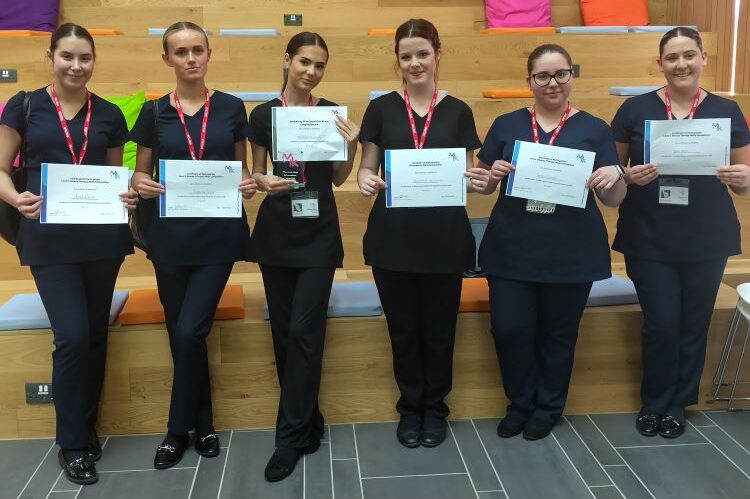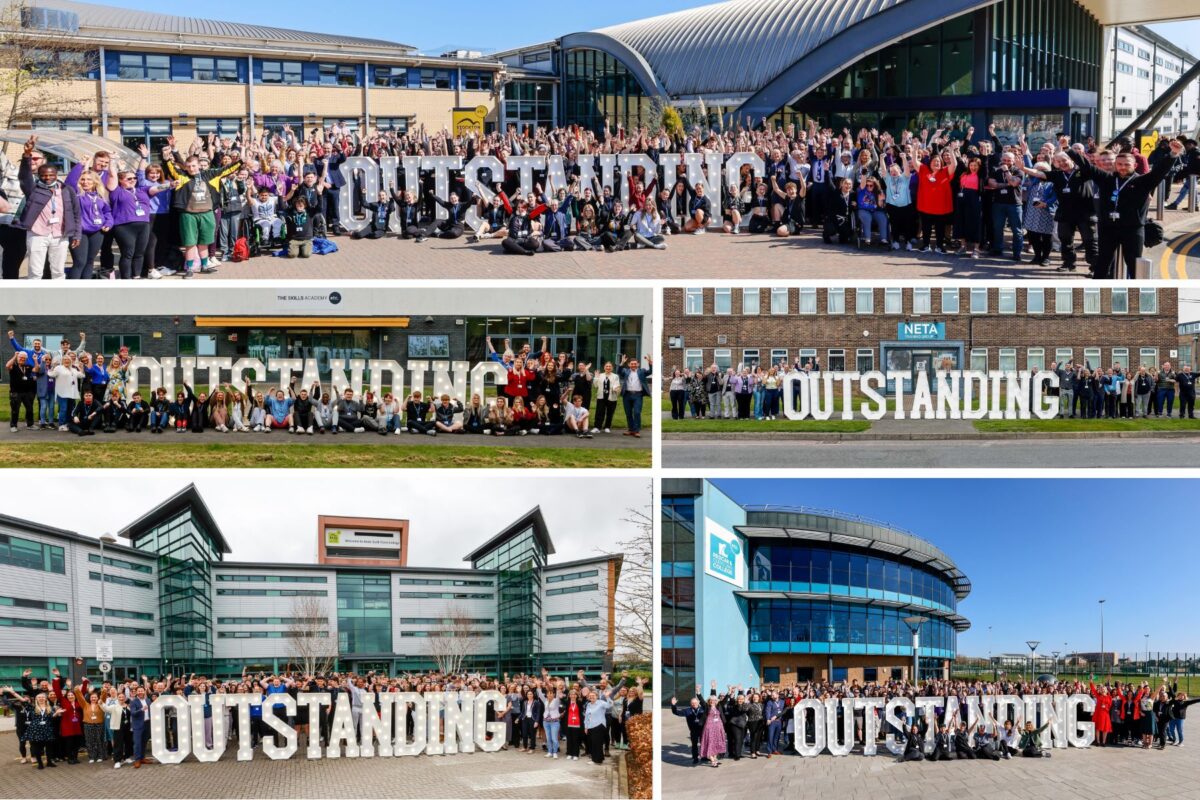AoC launch their latest report Strengthening governance arrangements in the English post-16 skills system

The next government must introduce a new national skills body to oversee a post-16 education and skills strategy, argues a new report published today by the AoC.
The report, ‘Strengthening governance arrangements in the English post-16 skills system’, provides a blueprint for what that body should look like and how it could operate in practice, focusing on tackling the deep-rooted challenges facing the country.
The report has been commissioned by the Association of Colleges and written by Lesley Giles, Director of Work Advance, a research and analysis organisation, and former Deputy Director at the UK Commission for Employment and Skills.
Building on AoC’s work, Commission for the College of the Future in 2020, Opportunity England in 2023, and 100% Opportunity: the case for a tertiary education system in 2024, the independent report is based on robust evidence, guided by interviews from right across the further education sector and beyond, and draws on international examples of successful skills systems.
Currently, the FE sector is complex and confusing for students, for colleges and other educational institutions and for the stakeholders, like businesses and mayoral combined authorities, who work within it.
The report argues that new, more effective governance of the system, bringing together the myriad of agencies operating in FE and skills, would support coherence and clarity and ensure there is quality and accessible education and skills available to 100% of the population.
It suggests that the new social partnership body should provide strategic oversight and evidence-based advice to the UK government, and the wider system, offering greater independence by leading on a number of strategic governance functions.
First by promoting strategic coordination and collaboration across levels of government and through devolved regional and local structures. Second by leading a programme of skills research, labour market analysis and evaluation to understand current and future employment and skills needs to drive action and consistently measure skills outcomes. And third by establishing a cycle for strategy development and skills planning to set long term priorities for action nationally, regionally and sectorally.
From its strategic vantage point, the new skills body would also be able to influence operational functions working on specific skills commissions in partnership with wider agencies, to enhance employer and individual engagement in the system, and/or enable greater flexibility for providers.
Taken together, a core intention would be to add value to the system by: providing clarity, direction and coherence to the system, rather than adding new layers of complexity supporting a stronger strategic direction and delivery through multi-agency working, enabling policy innovation, and addressing persistent implementation challenges and market failures.
Lesley Giles, Director of Work Advance, said:
“With economic disruption becoming the new norm in the future world of work, and growing fusion between different sectors, career pathways and skills, it is now more important than even that governance arrangement in the skills system support stronger partnership working, especially between businesses and skills providers and colleges.
“Our current system in England is too centralised, and a new oversight body can provide the basis not only to work with partners to better anticipate and understand evolving employment and skills challenges but to innovate and find effective skills solutions to address them.”
David Hughes, Chief Executive of Association of Colleges, said:
“At AoC, we have been clear that the disjointed and confused governance of post-16 education and skills needs a serious redesign.
“For the last 14 years, the government has tried to put employers in the driving seat, but our analysis published in our 100% Opportunity: the case for a tertiary system paper has made it clear that this has not been successful. Instead, we need a new national skills body which at its core is a social partnership that brings together the ambitions, needs, talents, understanding and resources of all stakeholders, including employers.
“This research published today shows that there is a strong international evidence base, and broad consensus in England that is what we need. It also sets out a clear blueprint for what that new skills body would look like, and how it would work in practice, and therefore I know it will be hugely valuable for the next government.”
Andy Westwood, Professor of Public Policy, Government and Business, University of Manchester, said: “The recommendations from this research to establish a skills oversight body, supporting stronger partnership and co-ordination across the post-16 skills system, are well over-due. This is central to enhancing a policy architecture, beset with challenges, fragmentation and churn. Collaboration between higher and further education and work-based learning is vital to future progression and success.”
The full report can be read here.











Responses